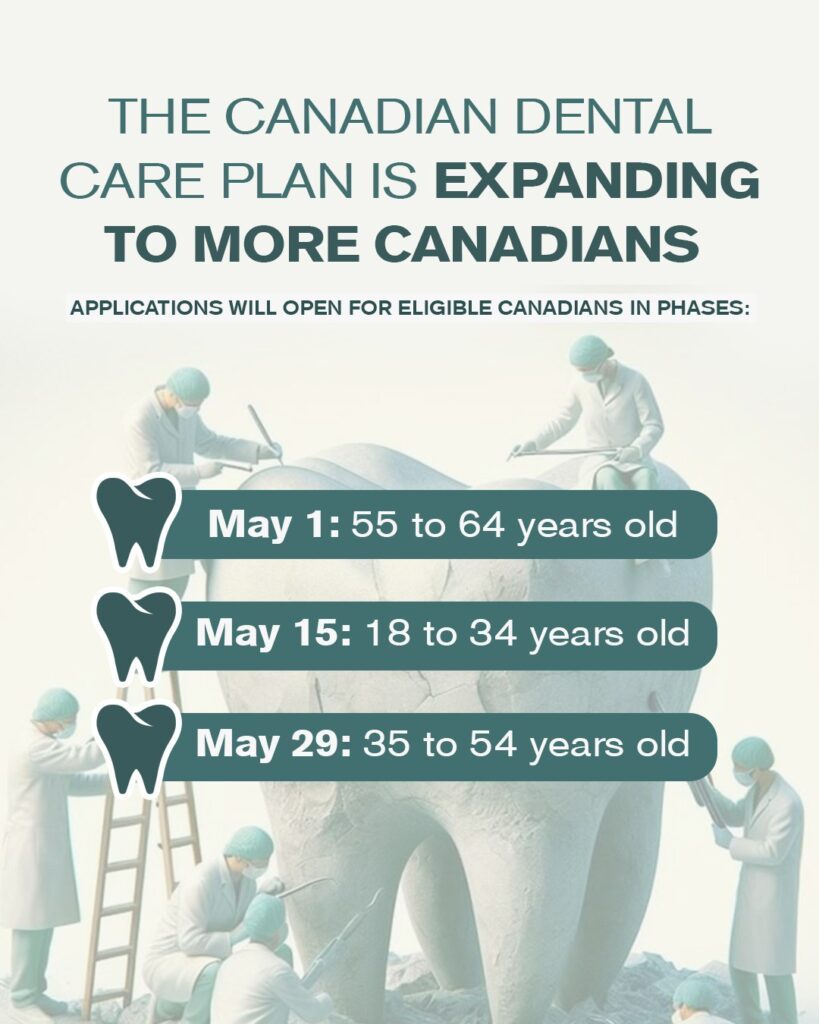Benefits of Keeping Wisdom Teeth: What You Need to Know
Wisdom teeth, also called third molars, often grow in during the late teenage years or early twenties. While many people are told they should be removed, this decision depends on several personal and dental factors. Some individuals have wisdom teeth that grow in correctly and remain problem-free for life. Others experience discomfort or complications that require removal. Understanding the benefits and risks helps people decide what works best for their long-term dental health.
This article explores the advantages of keeping wisdom teeth, identifies the conditions that make retention safe, and provides guidance for those who choose to keep them. A careful look at the facts allows people to make more confident decisions about their oral health.
What Are Wisdom Teeth and Why Do They Matter?
Wisdom teeth are the final set of molars that emerge in the very back of the mouth. Most adults develop up to four, with one in each corner of the mouth. These teeth served a purpose for our ancestors, who needed extra chewing power to consume raw plants and tough meats. Over time, modern diets and smaller jaws have made these teeth less essential. As a result, many people do not have enough space for wisdom teeth to grow in comfortably.
However, not everyone experiences complications. Some people develop wisdom teeth that align well with the rest of the mouth and function like any other molar. In these cases, wisdom teeth can remain as useful, natural components of a complete bite. Their presence may also support overall dental stability and help prevent the shifting of nearby teeth in some patients.
Are There Benefits to Keeping Your Wisdom Teeth?
They Can Support Natural Bite Alignment
When wisdom teeth grow in properly aligned, they help distribute the chewing force more evenly across the back of the mouth. This added support prevents excessive pressure on the second molars and contributes to a more stable bite. By occupying space at the far end of the jaw, wisdom teeth can reduce the chances of nearby teeth shifting over time. This benefit is especially valuable for people who have completed orthodontic treatments and want to maintain their results long-term.
Avoiding Unnecessary Surgery
Surgical removal of wisdom teeth can involve risks such as pain, swelling, dry socket, and infection. Recovery time varies from person to person, and complications may lead to long-term side effects. Choosing not to remove healthy wisdom teeth eliminates these risks and spares people from unnecessary discomfort or healing periods. Many patients also feel less anxious knowing they can avoid an invasive procedure that may not be necessary in their specific case.
Cost Savings in the Long Run
Dental surgeries are expensive, even with insurance coverage. People who keep their wisdom teeth avoid the high cost of surgical removal, anesthesia, and follow-up visits. Long-term, retaining healthy wisdom teeth may reduce the need for implants, bridges, or dentures if those teeth remain functional and free of disease. People who practice good oral hygiene may rely on their natural molars well into later life, saving both time and money that would otherwise be spent on replacement options.
Preserving Jawbone and Tooth Structure
Each tooth in the mouth helps maintain the density of the surrounding bone. When a tooth is removed, the jawbone in that area may shrink over time due to lack of stimulation. Keeping wisdom teeth preserves this bone structure, helping to prevent unwanted changes in facial contour or jaw strength. For older adults especially, maintaining bone mass in the jaw contributes to a stronger bite and better overall oral function.
When Is It Safe to Keep Your Wisdom Teeth?
Wisdom teeth can safely remain in place when they grow in fully, align correctly, and do not crowd the other teeth. No swelling, discomfort, or signs of decay should be present. Gums surrounding the tooth must stay healthy and free from infection. Dentists often monitor these teeth with regular X-rays and exams to confirm they are not causing hidden problems below the surface.
Some individuals have wider jaws that easily accommodate third molars. In these cases, the wisdom teeth act just like regular molars and don’t interfere with neighboring teeth or bite alignment. It is important to remember that safety depends not only on the current position of the teeth but also on their long-term stability, which can be confirmed only through routine observation by a dental professional.
How to Know If Your Wisdom Teeth Are Healthy
Healthy wisdom teeth show no signs of inflammation, bleeding, or pain. They emerge from the gums completely and sit in line with the adjacent molars. Biting and chewing should feel natural, without tenderness or pressure near the back of the mouth. Gums around the wisdom teeth must appear firm and pink, without pockets or signs of gum disease.
X-rays reveal the root condition and bone levels supporting the wisdom teeth. These images help dentists confirm whether the teeth are stable, correctly positioned, and unlikely to cause future complications. Routine exams and professional cleanings support continued health. Patients who keep their wisdom teeth should remain aware of any discomfort, since even healthy teeth can develop problems over time if hygiene practices change or if wisdom teeth shift due to age or other factors.
When Wisdom Teeth Should Be Removed Instead
Some cases make removal necessary. Impacted wisdom teeth—those stuck beneath the gum or angled against neighboring teeth—can cause pressure, pain, and infections. If a wisdom tooth presses against the second molar, it may damage the adjacent tooth or disrupt bite alignment.
Infections around partially erupted wisdom teeth can lead to gum swelling, difficulty chewing, and unpleasant taste. Cavities may also form in hard-to-reach areas. When repeated problems arise or future complications appear likely, dentists may recommend removal to protect long-term dental health. In some cases, removal may prevent orthodontic relapse or reduce the risk of cyst development in the jaw.
Wisdom teeth with cysts, tumors, or signs of decay are also candidates for extraction. The decision relies on clear evidence that the tooth is harmful or likely to become harmful. Dentists aim to balance the benefits of preservation with the potential risks when making this recommendation.
What to Expect If You Choose to Keep Them
People who keep their wisdom teeth must be committed to monitoring and maintaining them. Proper brushing, flossing, and rinsing at the back of the mouth ensures food particles do not collect near the gumline. Dental appointments every six months allow professionals to clean deep areas and identify any warning signs early.
Keeping wisdom teeth involves responsibility. Patients should report pain, swelling, or jaw stiffness as soon as it occurs. Dentists may recommend periodic X-rays to check bone health and tooth positioning. When care is consistent, wisdom teeth often remain stable for many years without issue. Some people keep their third molars healthy into their 50s or 60s with no complications, especially if they continue prioritizing regular dental care.
Wisdom Teeth Care at Crystalline Dental in Vaughan
Crystalline Dental believes in preserving natural teeth when possible. Their team carefully evaluates each patient’s wisdom teeth based on alignment, spacing, oral hygiene, and potential risks. Rather than promoting automatic removal, they support a personalized approach that reflects each person’s dental situation.
With advanced imaging and experienced staff, Crystalline Dental offers accurate assessments and clear explanations. For patients in Vaughan who wish to keep their wisdom teeth, the clinic provides long-term monitoring, thorough cleanings, and gentle care to keep those molars in their best condition. Whether you’re in your teens or well into adulthood, the clinic offers support and expertise to guide your decision.


